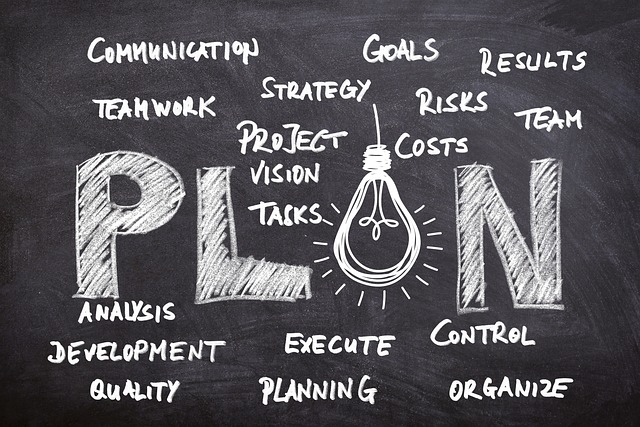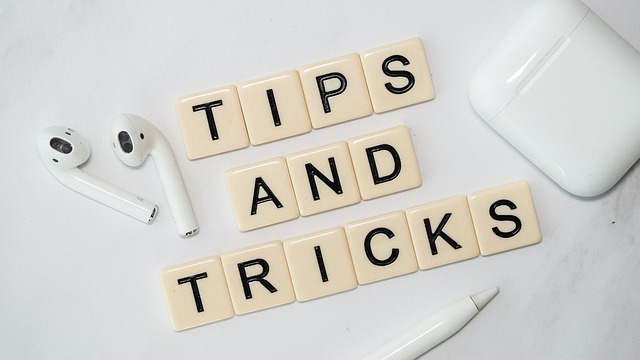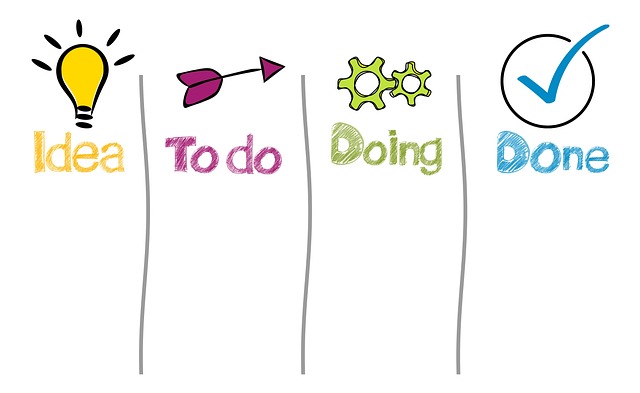Let’s be real: having five different bills hit your inbox every month is enough to make anyone feel overwhelmed. Debt consolidation is basically taking all those separate payments and rolling them into one. Instead of juggling, you’ve got a single payment to focus on. Easier, right? Just remember—it’s not a magic wand that makes debt disappear. It just makes the mess more manageable.

Before you even think about consolidating, you need to know what you’re working with. Add up your debts, interest rates, and minimum payments. Compare that against your income and monthly expenses. Do you actually have wiggle room, or are you barely staying afloat? Think of this step like opening your closet before moving—you can’t pack what you don’t know is in there.
When it comes to consolidation, there are a few popular routes. Personal loans are straightforward—one loan to wipe out multiple balances. Balance transfer credit cards can be a lifesaver if you qualify for 0% interest (at least for a while). And if you own a home, there’s the home equity option, though that’s riskier since your house is on the line. Each path has pros, cons, and fine print, so make sure the one you choose actually fits your life.
Here’s where people usually get stuck: the actual process. You’ll need to gather your financial paperwork, check your credit score, and apply for a loan or card. Sometimes you’ll get prequalified, which makes things smoother. Once approved, you’ll use the funds to pay off your old balances. From there, the key is simple—stick to your new payment plan like your financial life depends on it (because honestly, it kinda does).

Avoid the traps that derail people
Consolidation can be a fresh start… or just another cycle if you’re not careful. The big mistakes?
- Closing old credit cards too quickly (it can hurt your score).
- Racking up new charges after paying them off.
- Ignoring the total cost of your new loan.
- Stretching payments out for years—sure, the monthly bill feels smaller, but you could pay way more in interest overall.
Smart moves to protect your credit
Want to play it safe? Stick to these simple habits:
- Pay every bill on time—late payments can wreck your score fast.
- Keep old accounts open (but don’t use them) so your credit history looks solid.
- Stay under 30% of your available credit limit.
- Avoid applying for too many loans at once—multiple hard inquiries will ding your score.
Once you’ve set everything up, your real job begins: maintaining good habits. Build a small emergency fund so one unexpected bill doesn’t send you running back to credit cards. Keep an eye on your spending and adjust your budget when needed. And maybe most important—don’t take on new debt while you’re paying off the old. Treat consolidation as your reset button, not a license to swipe again.
Bottom line
Consolidating your debt into one payment can take a huge weight off your shoulders. It simplifies your life, can save you money, and gives you a clear plan to move forward. But it only works if you stick with it and avoid slipping back into the habits that created the problem in the first place. Handle it wisely, and you’re not just consolidating debt—you’re building real financial breathing room.
This blog is supported by readers like you. When you buy through links on our site, an affiliate commission may be earned.


This is such a clear and practical breakdown of debt consolidation—it really highlights both the benefits and the hidden pitfalls that people often overlook. I like how you emphasized that consolidation doesn’t erase debt, it just reorganizes it—so discipline and long-term habits are still the real key. The “mistakes to avoid” section especially stood out; closing old accounts or taking on new debt right after consolidating are such common traps.
If you had to sum it up, would you say the biggest success factor in debt consolidation is choosing the right method (loan, balance transfer, etc.) or sticking to the new repayment plan once everything is consolidated?
Great question, Jenny?? Honestly, both matter, but discipline wins. Even with the perfect loan or transfer, if habits don’t change, debt creeps back.
Really helpful guide, especially the reminder that consolidation doesn’t erase debt, it just organizes it. I’ve been wondering though, for someone with mostly credit card debt, is it usually smarter to go with a balance transfer card or a personal loan to keep costs down in the long run? I was thinking of a balance transfer but the interest free option is only for 3 months.
Regards,
Jason
Good point Jason, balance transfer can work short term but if you need longer breathing room, a personal loan’s usually smarter.